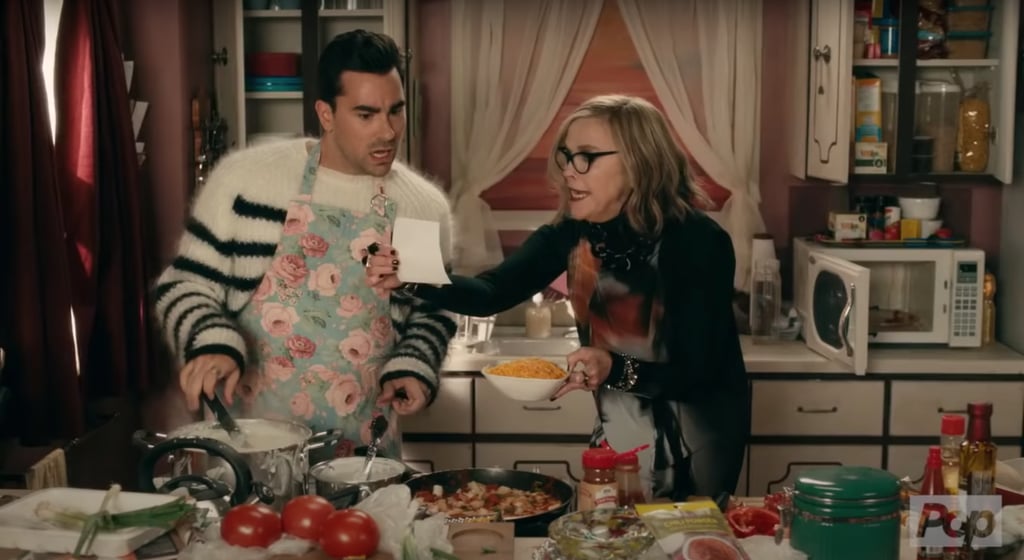
Consequently, the concept of an independent Scotland becoming part of the EU is very alluring to an ardent Scottish remainer. However, since 2014, the big, unignorable, overweening fact that has changed everything is Brexit. In 2014 I would have voted against Scottish independence, had I been allowed, but being part of the Scottish diaspora I was disenfranchised along with countless others. “When the facts change, I change my mind,” John Maynard Keynes is believed to have said. Photograph: Graeme Robertson/The Guardian Val McDermid’s new thriller 1979 is published by Little, Brown in August. But nothing has changed my conviction that we’ve got a far better chance of getting there if we unshackle ourselves from the Big Liars. There is still a lot to do to make this the country I’m satisfied with. I based my decision then on the choices Scots had made for themselves with the limited powers they’d had since 1999. It took me a long time to make my mind up before I decided to vote “Yes” in the 2014 referendum. We’ve still got a long way to go to realise those aspirations, but ambition and hope and imagination are powerful currencies. A fairer, more civil society where integrity is prized more highly than image. When talk turns to independence in the company I keep, it’s clear that people imagine a small country whose ambitions are to make life better for its citizens. To say an independent Scotland would do better than that is to set the bar embarrassingly low. The lies, the cronyism, the cynicism about the rule of law, the self-indulgence, the bizarre conviction that Great Britain is still a world power. It would be easy for me to rail against all the failures and corruption of Boris Johnson’s government.

Leaders of the devolved administrations in Scotland, Wales and Northern Ireland were comprehensively sidelined, even on issues that affected them directly.

The Westminster government staggered over the line without consulting any of the other three “partners” in the UK. If anyone had missed the point, the subsequent omnishambles – or clusterbourach, as we prefer to call it – that was laughingly called a Brexit negotiation drove it home with even greater force. Every electoral region in Scotland voted to stay, and the Big Lie was comprehensively exposed. I have little doubt that they were among the 62% of Scots who voted to remain in the EU a scant two years later. Photograph: Christopher Thomond/The GuardianĪlong with other lies such as “no more state pension for the elderly”, the Big Lie was told so often and with such conviction that many voters lost their nerve and changed their minds about voting for independence. ‘To say that an independent Scotland could do better is to set the bar low’ … Val McDermid. In my own corner of the cultural landscape, I’d seen how we Scottish crime writers aligned ourselves with our Scandinavian counterparts. I’d certainly noticed that Scotland had become a more outward-facing country. We had seen startup businesses owned by European immigrants employing local people, often in areas of low employment. We’d noticed that most of the young people running our bars and restaurants and hotels were able to boost our tourism trade because of EU citizens’ freedom of movement. We’d spotted all those signs by the vastly improved roads in the Highlands and Islands that told us the EU and Scottish government had jointly funded them. We were quite fond of the EU, here in Scotland.

Ahead of the 2014 independence referendum, the Unionist campaigners told us time and time again that the only way we could continue to be part of the European Union was to remain within the United Kingdom. If you know what’s good for you), pulls off a neat trick here: a psychologically suggestive noir that masquerades as a straight-ahead thriller not too particularly concerned with its killer’s motives.Some time before Donald Trump lied his way into the White House, the Scottish people were the victims of their own Big Lie. Fleischer, whose current critical reputation is weighted too heavily (in the negative) in consideration of his later big-screen, big color studio efforts (um…don’t say a word against Doctor Dolittle. Working from a script by veteran writer Lillie Hayward ( Blood on the Moon), based on a story by Francis Rosenwald and Anthony Mann ( He Walked By Night, Raw Deal), director Richard Fleischer continued to hone his considerable noir sensibilities here (as he had shown in Bodyguard and The Clay Pigeon, and which he would later expand in Armored Car Robbery and his noir masterpiece, The Narrow Margin), showing an admirable ability to marry an informative visual schematic to a thematically difficult subtext. One of my favorite RKO noirs because it’s so speedy and strange, balancing a semi-documentary feel with jarring inserts of waking nightmare surrealism, Follow Me Quietly is a hard little gem of a thriller that makes every frame count in its scant 59-minute runtime.


 0 kommentar(er)
0 kommentar(er)
